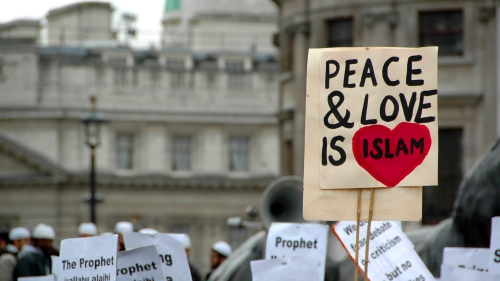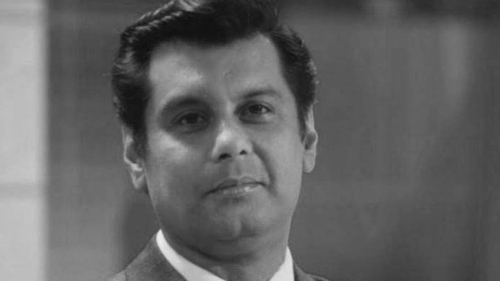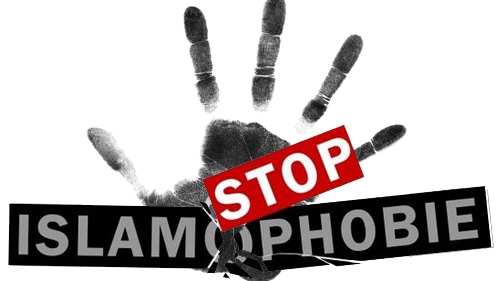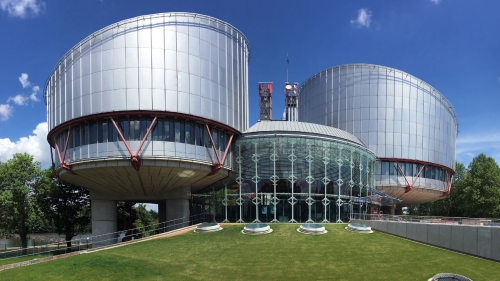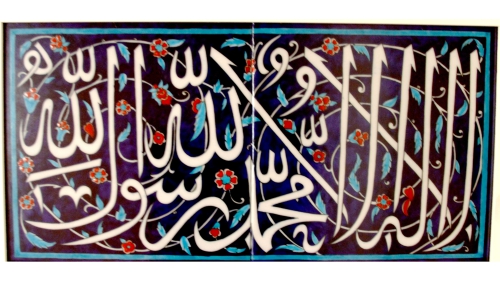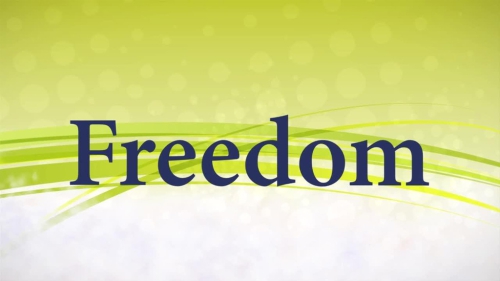Freedom of expression with responsibility

A cartoon by Mahmood Kahil in Monday's edition of Asharq Al-Awsat daily said it all.
It reflected the state of affairs in the Arab World. Freedom of expression is the buzz word these days. In a world that is changing daily with immense speed it has become a pass word for respectability. And, as the United Nations celebrated its fiftieth anniversary with an extravagant bash, it is most important that apart from rhetoric, an insight should be made into how it can translate and help usher another half century where genuine freedom of expression without let or hindrance can exist.
Kahil focuses on the Arab World and he is right in doing so. Many Arab writers and columnists have always taken the easy way out. Instead of writing about issues relevant to us they used their pens to attack the "decadent" West and the Godless Eastern bloc!!
As Arab countries obtained independence and a media culture developed, the hope was that, apart from a government media, there would be an alternative media that would balance the situation. Hysteria, scapegoating, patriotic propaganda, an annihilation of history and a bizarre perspective on the world was the order of the day.
On the other hand, the mainstream media organs indulged in the empty rhetoric of the "free press and democracy".
Any questioning of these hollow slogans was tantamount to treason.
Thus journalism became known as "Mihnat al Mataeb" in the Arab World. It meant the "profession of trouble."
But freedom of expression itself was not alien to the Arabs. Its history was filled with pages about those who advised, spoke, preached and enjoined their fellow human to do good and avoid evil. Arabic poetry itself was strong. Its words scathing when describing tyranny and oppression.
These poets and literary figures, by their brave words, gave a new style to the history of the literary movement in the Arab World. However, modern life had its effect. Governments wanted to have their political and economic progress highlighted. Those were the days when the "fever of socialism" was running high. And for those Arab writers who wanted to project an alternative opinion there was no platform. There were few who would dare write an honest opinion. The business of a journalist is to write the truth, to present facts outright, so that the authorities and those in power will see and observe in order to improve and rectify. It is not to distort, to vilify, to fawn and to sell oneself to the highest bidder.
The people in the Arab World became disappointed with Arab journalism. To get authentic news they had to turn to the now much- maligned BBC Arabic service or to the Voice of America.
The 1967 Arab-Israeli war itself was a watershed. The Arab World listened with fear, frustration and anger as the specter of defeat loomed. They had switched to other stations because the Arab ones were eulogizing the Arab armies "on the verge of defeating the Israelis".
Kahil's cartoon has significance because it shows a state of affairs that is still with us.
The opposition has a cudgel. The government has a club. Editors and newsmen are soft targets and the blowing up of quite a few recently highlights their plight.
The Arab World is part of a greater world that is undergoing dramatic changes affecting the lives of ordinary people.
The technological and communication advances have brought in new hopes and fears.
People want to have more direct control of their lives. They want to express their fears and concerns.
They want to exercise their God-given right of freedom of expression - to convey their misginvings about their children's education, to voice their worries about the destruction of the environment by rapid industrialization, etc. They have expectations which may run contrary to others. Those fears and concerns may be genuine or unfounded. Yet they want this to be highlighted. They want access to communication channels and acceptance of their ideas.
Freedom of expression is greeted in the Arab World with a very large dose of cynicism and some very twisted humor. Some complain that it does not exist. Others make vitriolic attacks and paint a disturbing picture on the present state of affairs. I think that the very fact Kahil's cartoon saw the light of day is a clear proof that one can say his or her piece.
Of course there is room for improvement. In the Arab World bridges should be built between the establishment and the media and the dialogue should be established. However, when Arab media was allowed its freedom, there was narcissism practiced by it. Behaving thus, the media made sure that they would not called upon to make any sacrifices. It also exposed the common weakness in the media's personality orientation, such as self-absorption which takes no notice of the nature of society and hence neglects to question it. Instead of focusing on the prime issues confronting society and offering viable solutions, the newly found freedom of expression transformed itself into a circus where all kinds of gossips, calumny and nonsense began to fill pages. These included pictures of editors-in-chief frolicking about. There are instances of the pictures of editors appearing no less than ten times in a publication in almost every issue. Luckily, it is a magazine. A daily paper would have caused apoplexy to many and like Mel Brooks in High Anxiety would have driven others to acts of madness.
In the West a lot of people criticize us for absence of freedom of expression. For them it means the right to say anything at any time and to propagate whatever views they have. These may run contrary to the interest of society. Any clamp down or curtailing of these views is termed as violating their rights.
The individual is deemed more important.
On the other hand, while noting the importance of the individual, the collective interest and welfare of society in general is given more importance in our culture. Thus, those who advocate ideas that run contrary to our ideology and culture are deemed as trouble makers who want to tear the established fabric of society. For us, freedom of expression comes with responsibility. I believe that any society or nation that wants to progress should have this element instilled deeply in its psyche and actions. However, it should be noted that, as Muslims, we not only have a responsibility to ourselves but also to society. We do not need rabble-rousers who would use their pen or jump on the soap box and talk nonsense. What is needed is a conduit between various groups in Arab society. It is important, therefore, that words that will heal and unite, rather than injure and divide, be expressed.
We all are concerned about the future of the world. The Arab land with its myriad of problems - such as lack of water resources, increasing population, changing life style and challenges - has more than its share of these concerns.
However, it does not lack men and women of honor and standing who are committed to help, develop and work hard for the prosperity of the region. Their ways and methods may be different. But allowing themselves to be heard by all sides without impugning on their dignity will help in a bright future for all.
Let those with sensible advise use freedom of expression as a tool for the betterment of the society. Let it be a positive tool.
The Arab World cannot afford lag behind.










